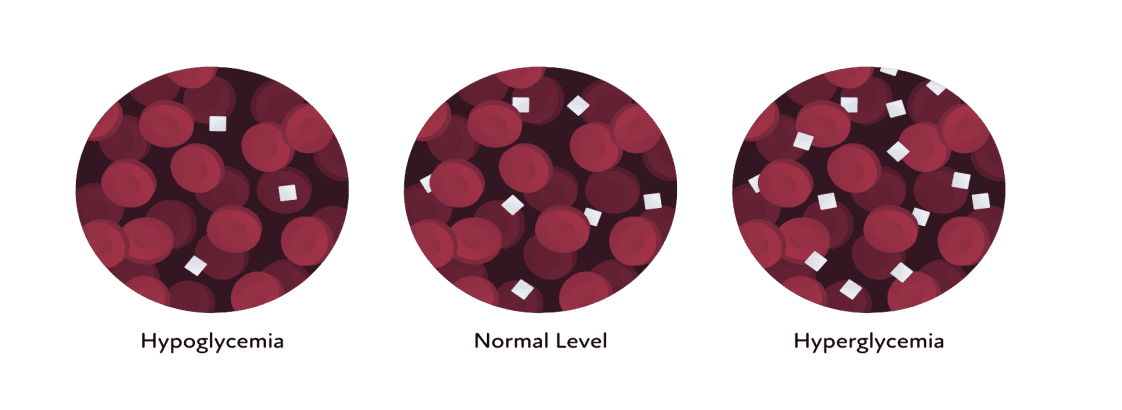Health

Hypoglycemia is when the body has a low level of blood glucose (blood sugar) of 70mg/dl or less. Glucose is the main way your body gets energy. This condition is common in people with diabetes, but can happen to a non-diabetic.
One or more of these symptoms may indicate low blood sugar.
- Hungry
- Irritable
- Incoherent, spacey
- Mood changes
- Inattentive, drowsy, headache
- Glassy eyes, dilated pupils
- Sweaty, shaky, clammy, pale
- Fast or irregular heartbeats
What to do if you have low blood sugar:
1. Eat 15 grams of glucose, such as 4 oz or 1⁄2 cup of 100% juice, 1 bite-sized candy bar, 1⁄2 cup of a non-diet soda, glucose tablets in 15 gm increments, a small apple or orange, or half a banana.
2. Wait 15 minutes and repeat blood sugar check.
3. Repeat steps 1 and 2 until blood sugar is within the range of 70 to 100mg/dl.
Tips to prevent hypoglycemia (low blood sugar) can be as simple as changes to your diet and eating schedule.
- Eat a balanced diet that is low in sugar and high in protein, fiber, and complex carbohydrates.
- It’s okay to eat good complex carbohydrates, such as a small sweet potato, a medium apple, 1 cup of blueberries, or whole grain oatmeal. Avoid eating processed, refined carbohydrates such as white bread, cookies, chips, pastries, pizza, many breakfast cereals, and pasta.
- Eat small meals every two hours to help keep your blood sugar levels stable.
- Test your blood sugar as directed by your doctor.
- Check your sugars before and after exercise, and discuss with your doctor what types of changes you can make.
If there’s a severe reaction, a seizure, or unconscious state, call 911. Do not give insulin.
Be sure family members or close friends are aware of what to do in the event of an emergency. Wearing a medical bracelet can provide critical information about a person’s health status
 Sheree Taylor, Human Sciences Regional Extension Agent, Human Nutrition, Diet, and Health
Sheree Taylor, Human Sciences Regional Extension Agent, Human Nutrition, Diet, and Health
New September 2021, Hypoglycemia, FCS-2552

